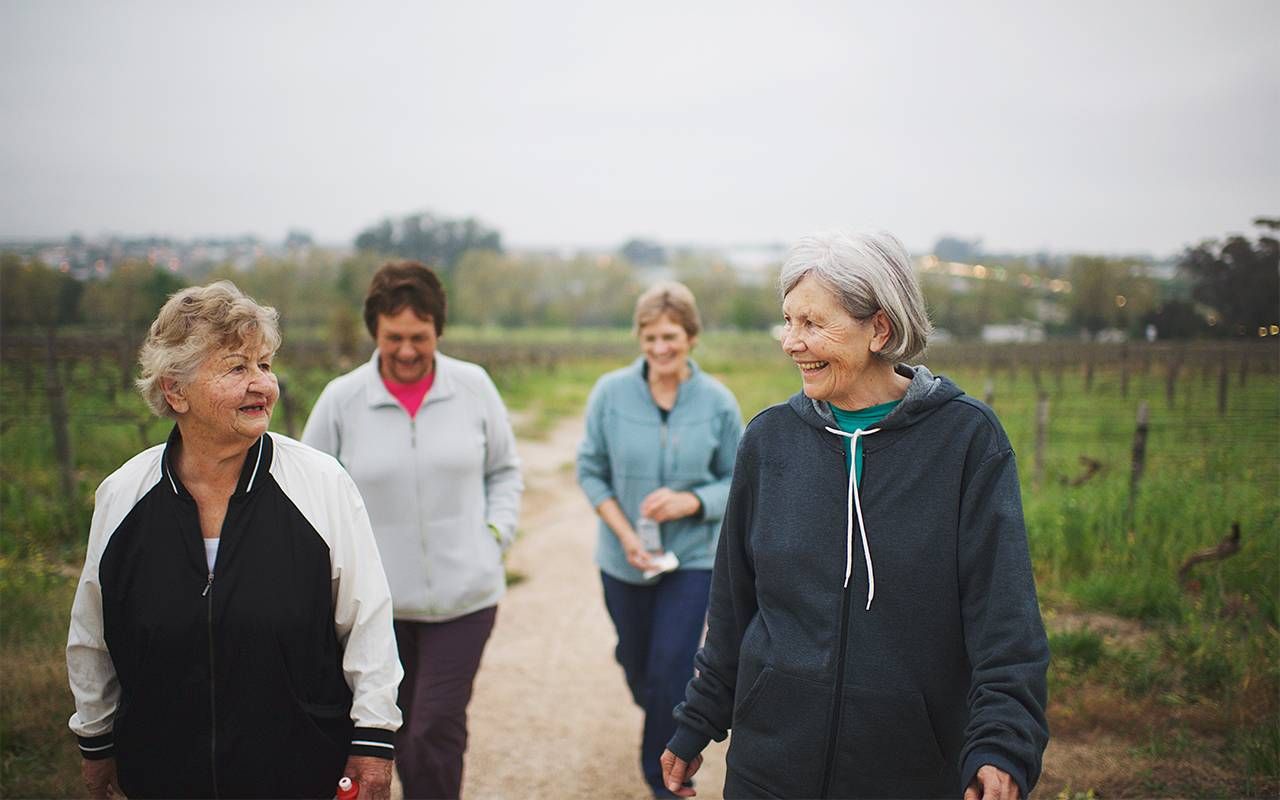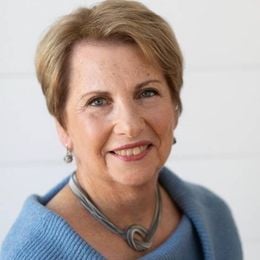Feeling Caregiver Isolation? That's What Friends Are For
Social interactions and making connections with friends can help ease the strain of caregiving
In May 2023, the U.S. Surgeon General Dr. Vivek Murthy released a report about the "devastating impact of loneliness and isolation." In that report, he states, "Our relationships are a source of healing and well-being hiding in plain sight – one that can help us live healthier, more fulfilled and more productive lives."

I had removed myself from the worlds I was involved in before my focus turned to my husband.
Murthy states that maintaining relationships may be "hiding in plain sight." Still, social interactions with friends, even old ones, may seem unlikely for those immersed in the intensity of caregiving.
But the data is compelling. Socializing is a way of easing the strain of caregiver isolation. In other words, wanting a life outside caregiving isn't selfish but part of self-care. As the care partner for my husband after his dementia diagnosis, I could feel the isolation creeping in. My family was there for me but focused on what was happening in our household.
I was missing the connections outside of my day-to-day. I had removed myself from the worlds I was involved in before my focus turned to my husband. I longed for intellectual conversations. I was missing my friends and began to question whether they had left me or I had left them. It was both.
The FILM Club
Like many caregivers, I felt my friends had disappeared. Did they leave me because they couldn't handle hearing about my life? Some did. But I stopped reaching out, even to old friends who knew me well. I wasn't making it easy for them to enter my life, and I wasn't doing even the most minor things to show them I was still part of theirs. Still, I was longing for their companionship. I also needed a way to change my scenery and leave the house.
That's when I created my treasured FILM club. It is a good example that others can replicate around any common interest with a few friends. A warning: we have had to limit membership because others keep asking to join.
It's simple. I love movies. I went down my contact list and emailed any woman who I thought might be fun to be with. They could participate if they liked films and wanted to meet once a month to see a movie in a theater, followed by a dinner discussion. We started with nine women who didn't know anyone but me. We now have twelve members who range in age from mid 50s to mid 70s.
During COVID, we watched movies in our homes around selected themes and then had Zoom conversations. And like any group of women, our discussions veer into all realms of life. The remarkable thing about this group is that twelve women who didn't know each other have become devoted friends. They have branched off in twos or fours to attend concerts, travel the world or just talk. And every month, we all gather to share in our beautiful friendship.
The remarkable thing about this group is that twelve women who didn't know each other have become devoted friends.
This engagement sounds so ordinary, but there were, and still are, a few exceptional circumstances. When we began, I was caregiving for my husband. Soon after, another member was too. Knowing we had a standing FILM club date, we were able to find companions for our spouses well in advance. Two of the original members were recent widows, and later, two others would lose their husbands. We needed to balance the entertainment part of being together with support and sensitivity for their grief.
One year, a member suffered a stroke, which required some accommodations. Luckily, she is back as a full participant. Some miss dates because they are adventuring around the world. They come back sharing tales from their trips, while those who can't travel experience it vicariously. We are experiencing life in ways we couldn't ever have imagined, and we are not doing it alone. We are together!
When we realized we were about more than movies, we renamed the F.I.L.M. Group — Finding Inspiration Living Magnificently. We even have a logo and T-shirts.
Being Mindful and Intentional
Finding friends you want to be with doesn't have to be a "club," a formal endeavor or another arduous task.
I avoided the "Heartbreakers" and embraced the "Heartwarmers."
The first step is to be intentional. I started saying "yes" to invitations I might have turned down to avoid the hassle of making sure my husband was attended to. I made it happen because it was vital for me. I also took the initiative to reach out to others, consciously steering away from those associated with caregiving or dementia.
The next step is to be mindful that there are two types of people in your midst. There are those I call "Heartwarmers," who will energize you. They just know what to do, or at least they try. Then there are others I call "Heartbreakers," who suck up the energy you don't have to spare. They seem clueless. I avoided the Heartbreakers and embraced the Heartwarmers.
But even my Heartwarmer friends never realized that while well intended, they would begin most conversations asking about my home situation. I appreciated their concern, but I needed a break, something else to consider. And to make it worse, when asked, I couldn't resist elaborating on my struggles, making them uncomfortable and not knowing how to respond.
Our interactions became a pity party. To change this, I consciously reframed the conversation. All it took was me to ask a few questions about their vacation or a news headline. We always talked about my husband, but I gave a quick and honest response instead of a detailed account. Sometimes just saying, "It isn't getting easier."
In his book, "Friendship in the Age of Loneliness," Adam Smiley Poswolsky defines friends as "a group of people who uplift one another and form a safety net for all of life's moments." Caregiving is one of those moments, and that's what friends are for.


